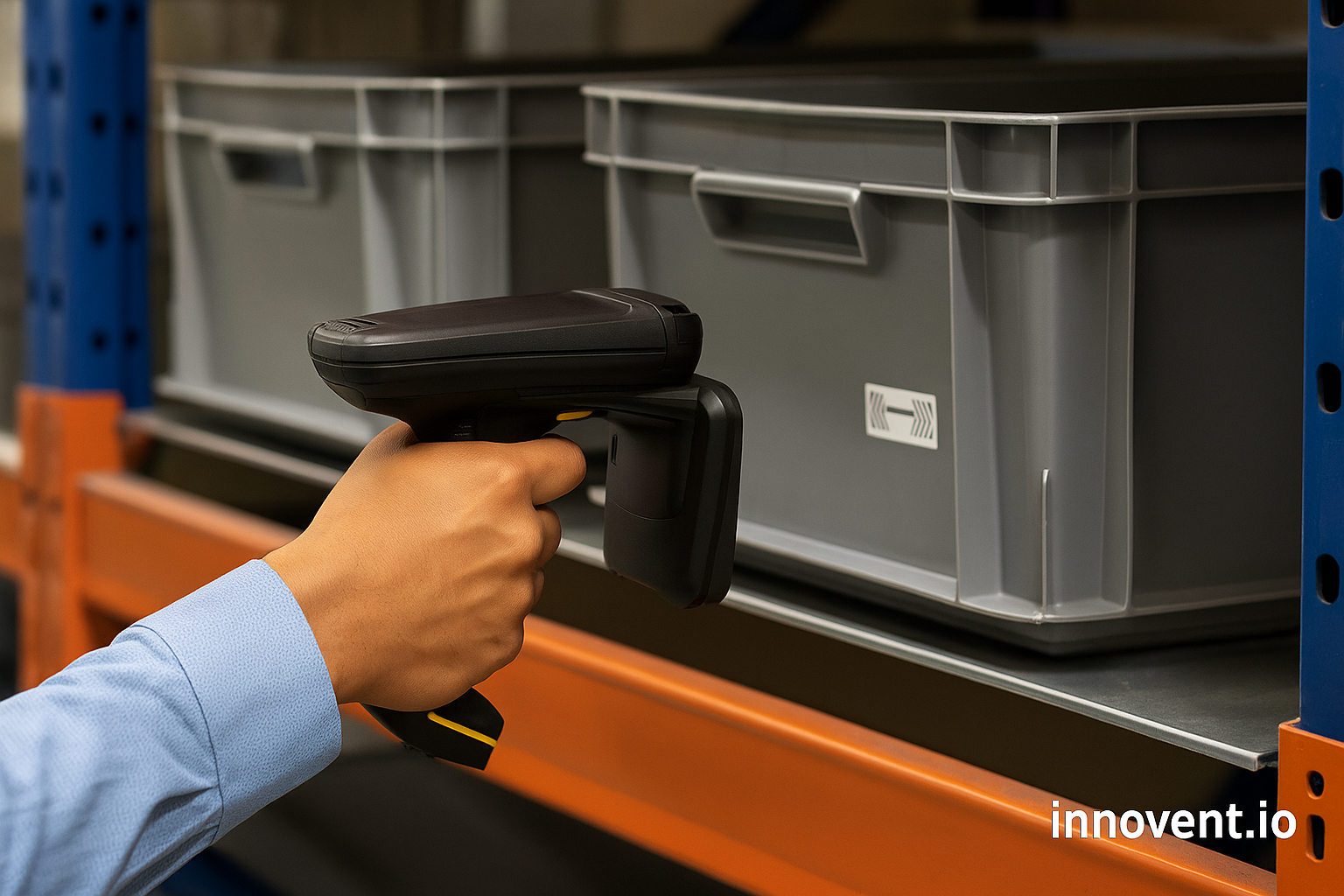How IoT is used in healthcare
Technology is revolutionizing the medical sector. Nowadays, health standards are improving gradually, and technology has become a significant part of it, along with the medical staff. One of the most significant technologies is the Internet of Things (IoT). It refers to smart devices that send and receive data over the internet. IoT improves healthcare by helping hospitals, clinics, and even patients at home. It makes healthcare faster, safer, and more efficient. The IOT devices can be used in a hospital, at home, or even better, patients can wear them. They help the doctors keep track of the vitals of the patients without having them constantly report to a clinic.
Resourcefulness of IoT
The introduction of this technology is both convenient and resourceful. It saves time, and the doctors can make better decisions. The number of people worldwide is growing, and resources are limited. According to studies, 8.5% of people worldwide (617 million) are aged 65 and over. This number will reach nearly 17% of the world’s population by 2050 (1.6 billion). These systems can be convenient in ensuring proper care for all these people in case of an epidemic or outbreak of disease. Below are some of the ways that IoT is beneficial for healthcare:
Remote Patient Monitoring
Remote patient monitoring systems are among the most ideal applications of IoT in health. Many people suffer from several health complications that require continuous monitoring. In the past, they had to visit a hospital or a clinic quite frequently. Nowadays, smart devices check their health at home and send the data to doctors.
For instance, a patient with heart problems can wear a smartwatch that measures the heartbeat. The watch will alert the doctor if the heartbeat becomes too high or too low, preventing emergencies. Another example is a glucose monitor for diabetic patients. It measures blood sugar levels and sends the results to the doctor. This will allow the doctor to adjust treatment if needed.

Smart Hospitals
Hospitals now use IoT to provide better care with fewer errors. Smart beds are designed to make patients comfortable while preventing bed sores. Some beds have sensors that track a patient's movements and breathing. In case something goes wrong, the nurse is immediately notified.
IoT is also applied to track medical supplies and inventory. These hospitals' cloud-based inventory management systems keep records of medicines and medical equipment. It provides doctors with an opportunity always to find what they need. If anything goes missing the hospitals can easily track and trace it.
Wearable Devices
Wearable smart devices are worn on the body to monitor health. Smartwatches, fitness bands, and other special medical devices track body functions like heart rate, oxygen levels, and sleep patterns. Smart rings are mainly helpful for people suffering from long-term health problems. They help people monitor their health and reduce the hassle of visiting doctors for frequent check-ups. For example, some smart rings can check body temperature and predict when one might get sick.
Improved Response to Emergencies
IoT patient management system helps in emergencies. When someone faints or falls, smart devices send an alert very quickly. The smart devices can recognize this and might send help to that person. Others are connected to emergency services, including the possibility of sending the location of a patient who needs aid.
Ambulances also use IoT to communicate with hospitals, ensuring doctors are ready before the patient arrives. In some cases, a paramedic can send real-time updates about the patient's health so that proper treatment can start when the patient arrives at the hospital.
IoT in Surgeries
Some hospitals even use robotic arms controlled by doctors to conduct precise surgeries. The arms have sensors that offer real-time data, which helps doctors make better decisions during surgery. A few IoT devices also observe the vital signs of a patient undergoing surgery. The system cautions the doctor if any risk is anticipated, decreasing the chances of complications.
Better Medication Tracking
Many people forget to take their prescribed medicines on time. IoT patient management system helps by reminding them through smart pill bottles with sensors that detect when a pill is taken. If the patient forgets, the system sends an alert to his phone or a family member. Hospitals also use IoT to track medicine usage. This helps doctors determine whether a patient is following their treatment plan. If the patient is not taking their medicine correctly, doctors can intervene to help.
Improved Mental Health Care
IoT is also helping people with mental health problems. Some special apps and devices track one's sleep, mood changes, and stress levels. Some apps can even detect signs of depression by studying the behavior of at-risk people. Some wearables track breathing and heart rate to gauge a person's stress level. If the stress level is too high, it sends a signal to the doctors to help the patients relax.
IoT and Artificial Intelligence
IoT works perfectly when integrated with artificial intelligence. AI can analyze data emanating from IoT devices and look for patterns. Thus, doctors can predict health problems before they occur. For instance, AI can monitor a patient's heart data and send an alert if there is a risk of a heart attack. This gives doctors time to act before anything serious happens. AI can also study data from smart devices to help doctors diagnose diseases.
Innovent: Leading You to A Smart Future of Modern Healthcare
It is estimated that using IoT health devices could have an economic impact of up to $1.6 trillion annually by the end of this year. This is simply because of the impact of the IoT and its resourcefulness. The future of this smart technology looks even more promising due to its utility. At Innovent, we allow you to transform your healthcare institution with our IoT patient management system. Our smart devices and cloud-based solutions are designed to integrate technology into the hospitals seamlessly.
References
https://www.mckinsey.com/~/media/McKinsey/Industries/Technology%20Media%20and%20Telecommunications/High%20Tech/Our%20Insights/The%20Internet%20of%20Things%20The%20value%20of%20digitizing%20the%20physical%20world/Unlocking_the_potential_of_the_Internet_of_Things_Executive_summary.pdf
https://www.keysight.com/blogs/en/pdfs/how-iot-is-transforming-the-future-of-healthcare.pdf









